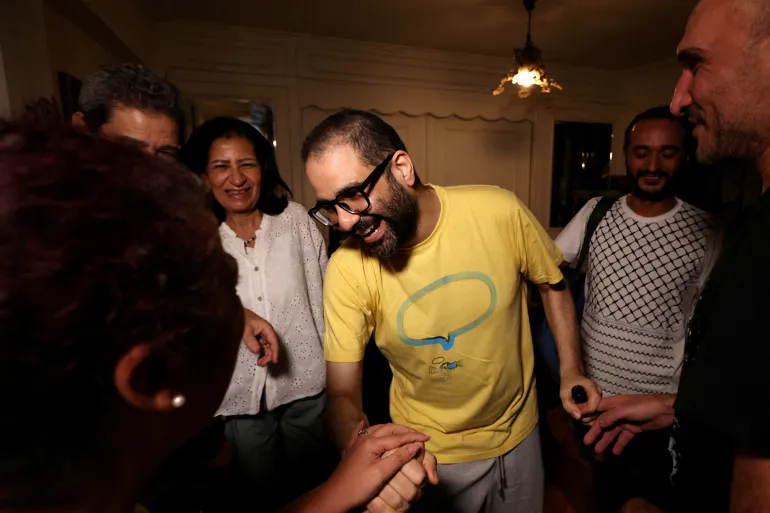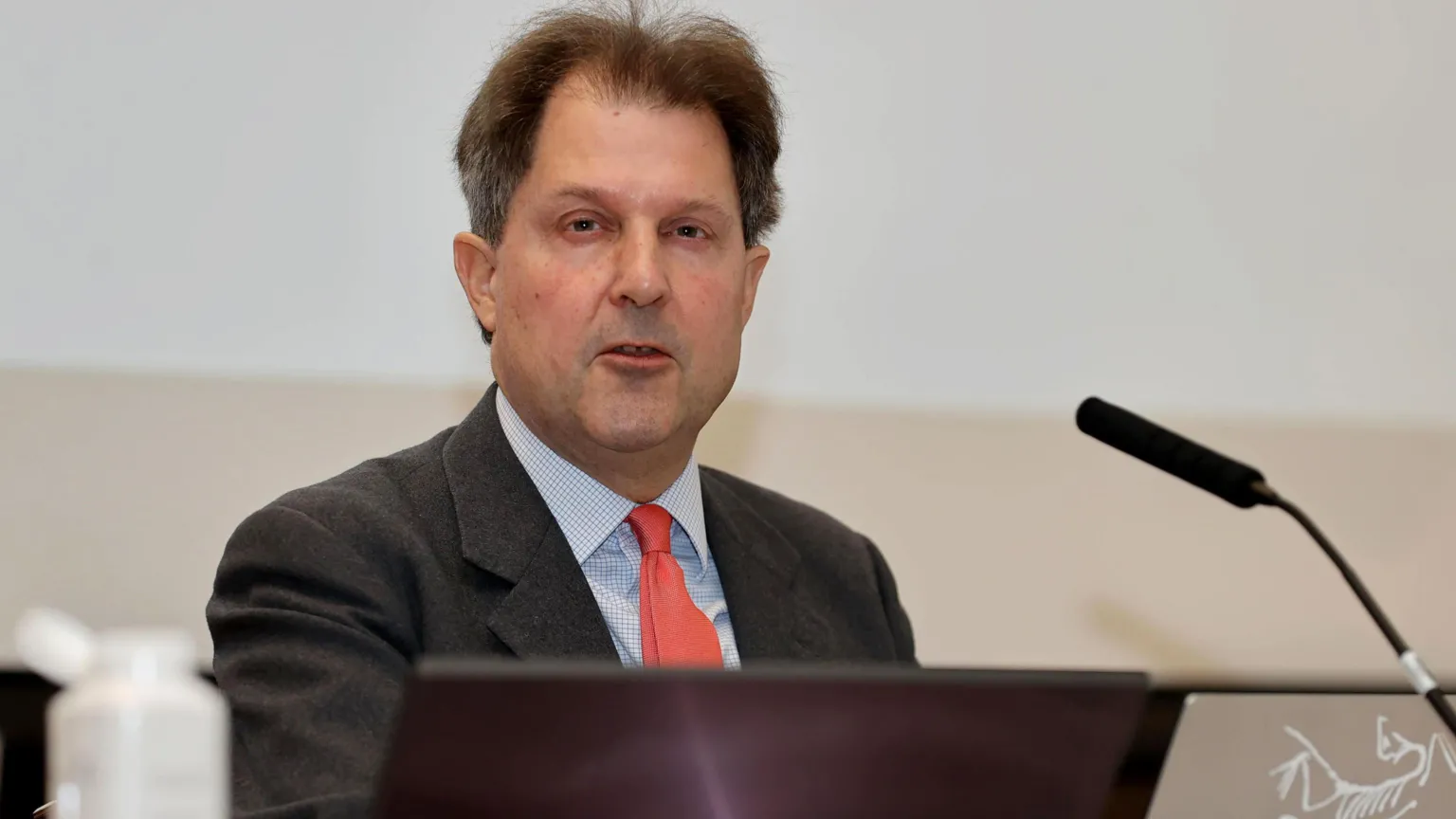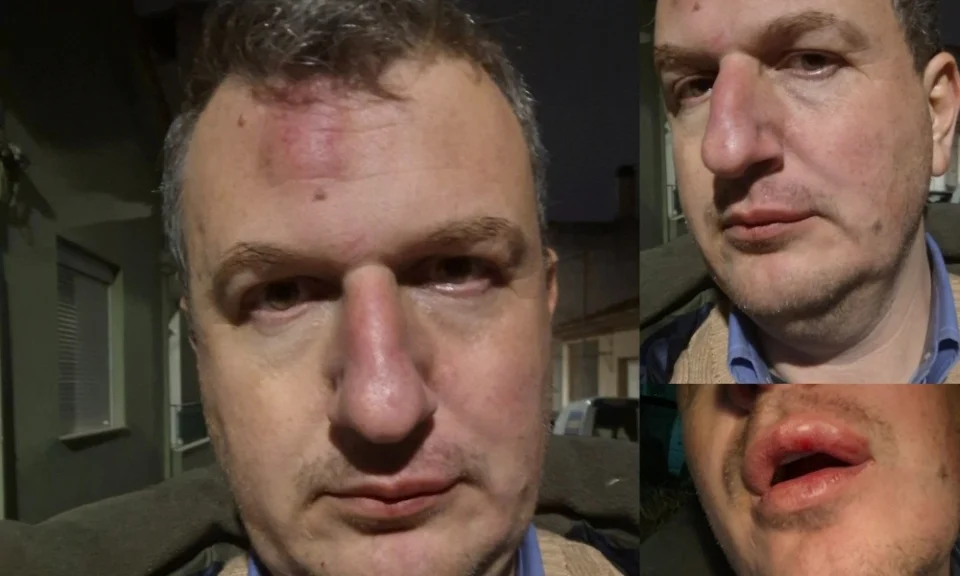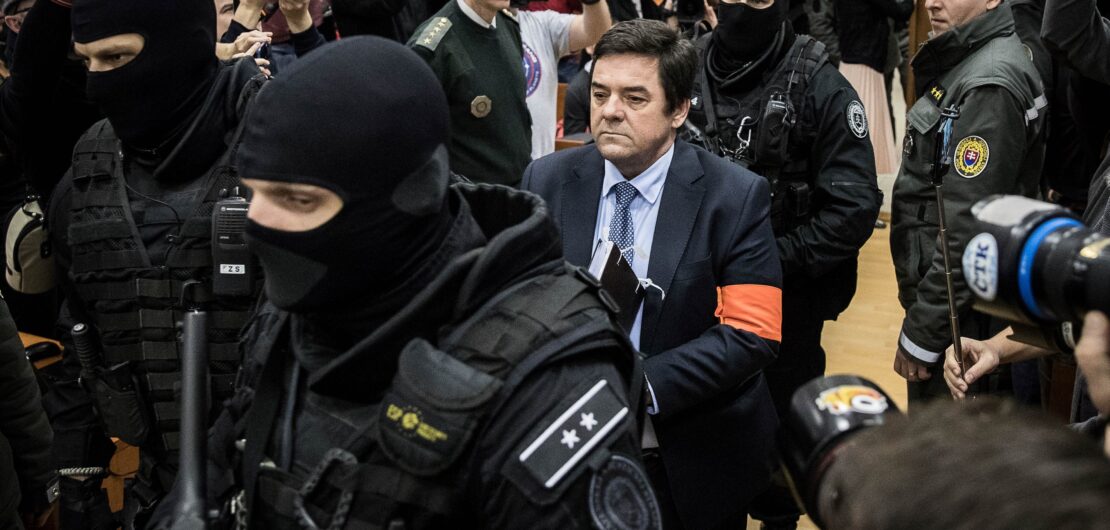
Alaa Abd el-Fattah Freed After Presidential Pardon in Egypt
September 23, 2025
Myanmar Reporter Mu Dra Abducted by Rebel Forces Rights Groups Demand Release
September 24, 2025September 24, 2025 – Ireland –
In a newly released independent review, the Police Service of Northern Ireland (PSNI) has been found to have searched journalists’ phone numbers in efforts to trace information leaks by officers or staff—though the practice was not deemed “widespread or systemic.”
The review, conducted by barrister Angus McCullough KC, was commissioned by Chief Constable Jon Boutcher. It scrutinised PSNI surveillance practices between 2011 and 2024, including how warrants were obtained, covert monitoring, and data searches related to journalists, lawyers, and individuals of “special status.”
McCullough’s findings reveal 21 instances in which covert powers were used unlawfully to attempt to identify journalists’ sources—more than double the number PSNI previously admitted to. Among those affected were two Belfast journalists, Barry McCaffrey and Trevor Birney, who had challenged earlier surveillance operations in court.
The report states that “blanket searching of journalists” ceased in 2023, and the practice was formally ended in May 2024. McCullough emphasised concerns about “untargeted wholesale” searches through communications logs—what he called “defensive operations” designed to detect unauthorised leaks.
While the review does not conclude the surveillance was widespread, it raises serious red flags about institutional practice, lack of legal oversight, and procedural failures. To address these, McCullough proposed 16 recommendations, including consolidating all covert authorization under a single oversight unit and commissioning further review.
Chief Constable Boutcher welcomed the report’s thoroughness and pledged to implement reforms. He reaffirmed that the PSNI would improve processes and asserted that such blanket data searches would not recur.
The BBC earlier flagged that the report could be highly critical of how journalists’ data was treated. With public confidence in policing already fragile, the revelations intensify scrutiny over state surveillance, press freedom, and accountability in Northern Ireland.
Reference –




